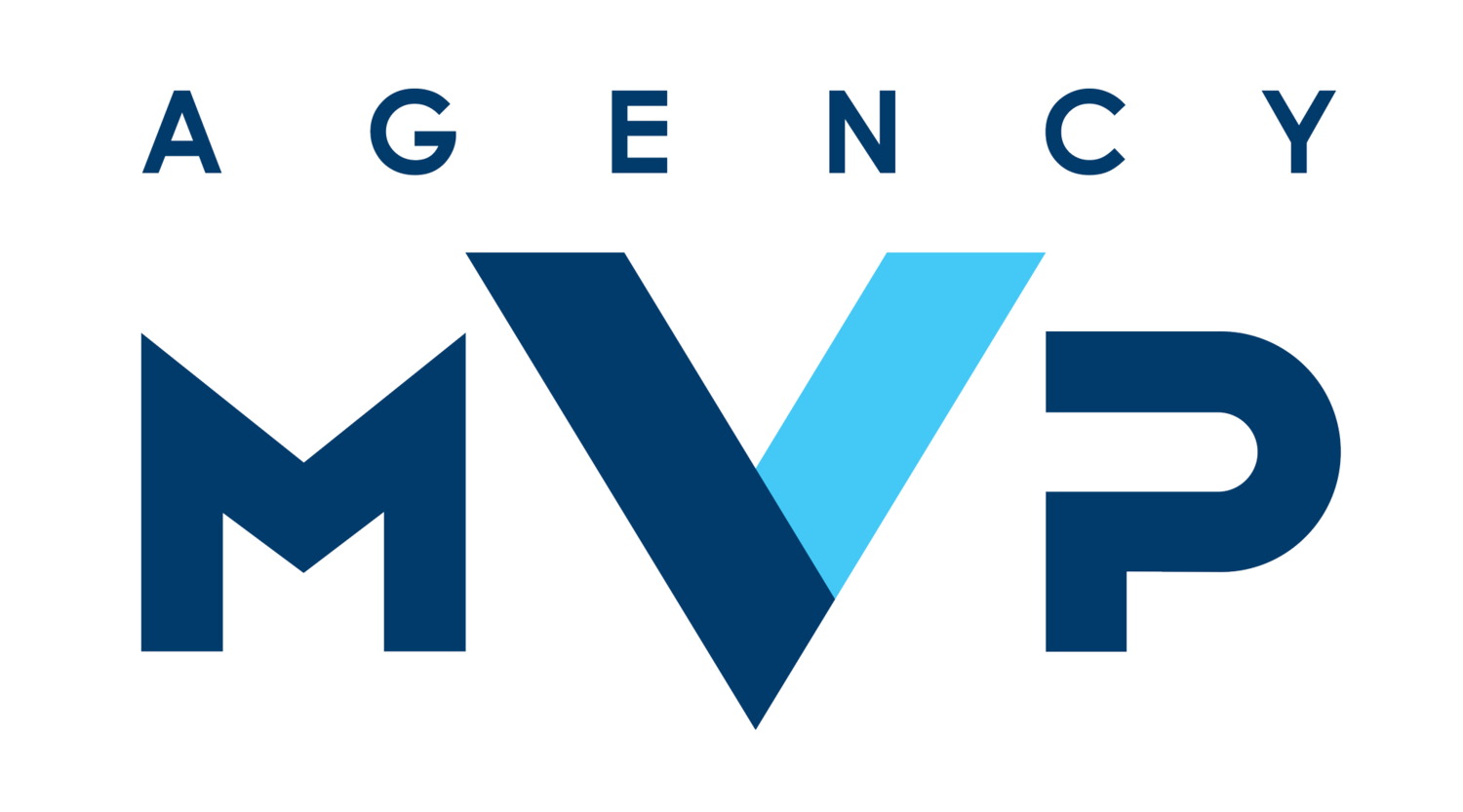Insurance Lead Nurturing: 6 Tips for Success
Insurance leads are connections that have the potential to turn into sales. While all insurance agents know that generating leads is an essential element of running a successful business, few know how to nurture those leads throughout the buying process. What is insurance lead nurturing, and how can you use it successfully in your insurance agency?
Insurance lead nurturing is the management of a lead along their journey from new lead to repeat customer. It is essentially the process of building a relationship with a lead during their search for an insurance policy. The following breakdown will examine lead nurturing and explore the most successful tips for developing relationships with leads and converting them into sales.
What is Lead Nurturing?
First, it’s important to note that lead nurturing should not be confused with lead generation, another important element of running an insurance agency. While the two terms are closely related and may overlap a bit, lead generation is the process of discovering leads, while lead nurturing involves building relationships with existing leads and helping them decide on the best insurance products for their lifestyle.
Another important aspect of lead nurturing is that it can help expedite a lead’s journey through the customer decision process. A well-nurtured lead will spend less time in limbo while exploring all possibilities, which can save you valuable time to focus on other leads.
In an extremely competitive landscape in which customers have seemingly unlimited options and are nothing more than a click or like away from becoming a lead for a competitor agency, it is crucial that you form strong relationships with all of your potential clients to remain at the top of their consideration set.
6 Lead Nurturing Tips for Success
Statistics show that less than 5% of all leads are ready to make an insurance purchase on the spot. On the other hand, it is estimated that roughly 50% of all leads are unqualified, meaning that they will never have the interest or resources to ever become a customer of your agency.
It is the population between these two extremes on which insurance agents should focus their attention. Developing a relationship with this qualified but uncertain segment can be the difference between securing a customer or losing him or her to a competitor, making lead nurturing a vital component of a successful agency.
The following lead nurturing tips can most effectively help you convert leads into sales:
Know How to Lead Score
The first step in successful lead scoring is knowing which customers are worth nurturing. As mentioned, roughly half of all leads will result in a dead-end, regardless of how much work you put in. So, it is critical to identify which are serious leads and which accidentally subscribed to your agency’s email blasts to avoid wasting valuable time.
Many insurance agencies use a process called “lead scoring” to help them rate the sales potential of their leads. While each agency may have its own process for rating its leads, two critical components must be assessed when developing the score:
Is it a good fit? For example, you may not want to spend a lot of time talking about life insurance with an 18-year-old with no family or auto insurance; in contrast, you may want to reach out to an inner-city professional who takes the bus to work every day.
Is the lead engaged? Leads procured via referral or cold call will not have as much potential as those that have reached out to you or have spent time on your agency’s website or social media pages.
Most agencies will use a sliding scale from 0 to 100 to rate their leads along these two lines. Those leads scoring between 75 and 100 are considered the most likely to purchase a policy, with nurturing efforts most lucrative when targeted at this population.
Segment Your Leads
Each potential client will be at different stages of the customer decision process. This will help dictate how you interact with leads as you develop a relationship. For example, you would not want to be talking about bundling options with a lead that is just starting to explore how insurance works.
There are generally five steps in the customer decision process into which you can categorize your leads:
New contacts
Information searching
Evaluating the alternatives
Purchase
Post-purchase behavior
Knowing where each lead is in their decision process can greatly influence how you nurture them most effectively.
Interact Via Multiple Channels
Having multiple communication channels will make it easier to engage with your leads throughout the shopping process. Text messages, social media, social media messengers, and email are all simple and straightforward options, with each customer having his or her own propensity to communicate via one channel more than another.
While social media may seem like the king of this decade, do not underestimate the power of having a professional and easy-to-navigate website. As this is a direct link to sales, ensure that you enable chat features as customers explore your business.
Develop Personal Connections
One key to successful insurance nurturing is remembering that it is not always about insurance. Insurance brings peace of mind and a certain sense of wholeness to a person or family’s life, so finding ways to bring a human element to your lead nurturing strategy is essential.
Reaching out with a quick message on a lead’s birthday, anniversary, or other important life milestone is a great way to establish trust that may fortify your relationship.
Always Be Available
One of the realities of working in sales is that you can’t have a normal schedule if you want to be successful. In many cases, the only time leads have the time to shop for insurance is on their own free time, usually evenings or weekends. When they take the time to explore, those that are there to answer questions and ease concerns are the most likely to be seen as trustworthy.
Therefore, while you don’t necessarily have to be checking your email at midnight on a Saturday, you do want to make it clear that your agency is more than just a job to you, with customers’ well-being your number one priority.
Nurture Your Existing Customers
Research shows that the majority of insurance revenue comes not from new customers but renewals. As a result, customer retention is a vital component of insurance nurturing.
The relationship is just beginning once that first premium is paid. Regular follow-up emails, or simply a call now and then to see how the customer is doing, will go a long way toward keeping a customer indefinitely.
The good news is that, for a well-run business, it is often easier to keep a customer than to obtain a new one, so even small retention efforts can be quite lucrative.
How Do I Get Insurance Leads?
With the wide array of communication mediums in 2021, the cold call is no longer king, and there is no shortage of ways to generate insurance leads. Some of the most effective include:
Content or affiliate marketing via blog or vlog
Creating a high-value and interactive website
Speaking at events
Commenting on related social media pages
Publishing authoritative articles
Recording professional videos
Podcasting
Curating strong internet reviews
Referrals from existing customers
Conclusion
Insurance lead nurturing is the process of developing relationships with potential clients to help guide them through the customer decision process. By considering the six tips for success listed above, you can most effectively nurture and manage the leads in your insurance agency.
Sources:
Lead Nurturing & Management Tips for Insurance Companies (leadmaster.com)
Insurance Agents: How to Successfully Follow Up with Your Leads - Provident Insurance Programs
7 Lead Nurturing Tips Every Advisor Should Try (dibrokerwest.com)
Acting Fast on Your Insurance Leads | QuoteWizard
16 Best Tips to lead Generation for Insurance Agents | Taboola
Insurance Lead Scoring and the Benefits for Your Sales Strategy | ease
Customer Retention Statistics, Trends & Predictions [2020] (review42.com)
The Consumer Decision Process | Boundless Marketing (lumenlearning.com)


